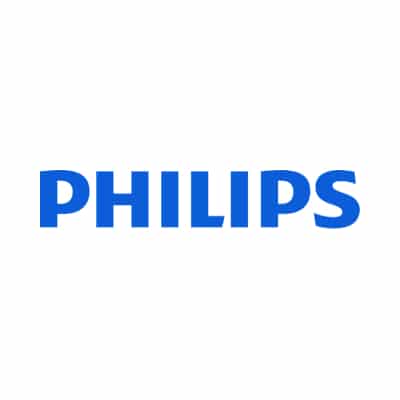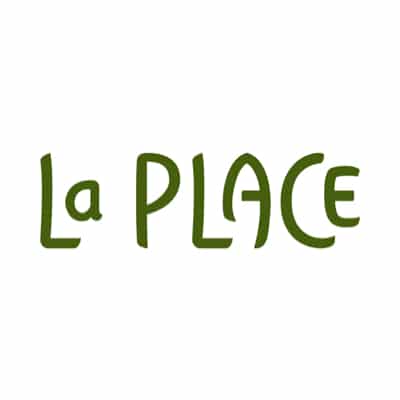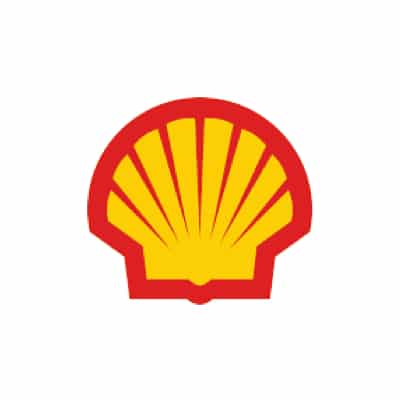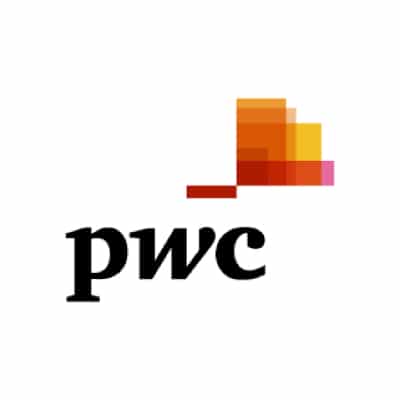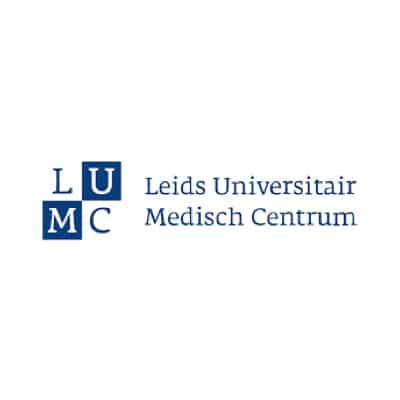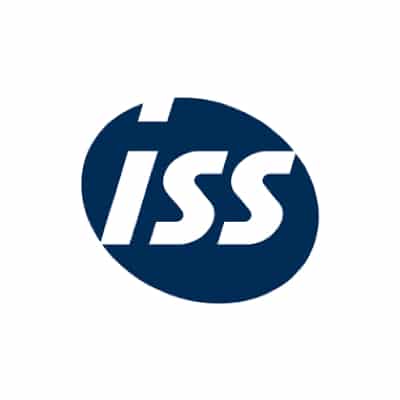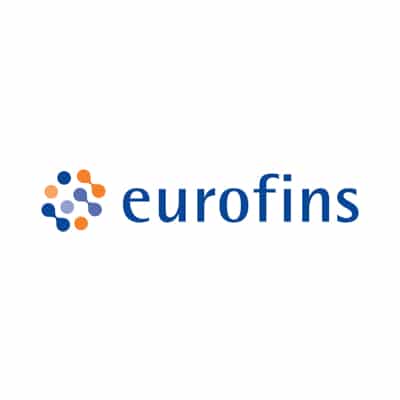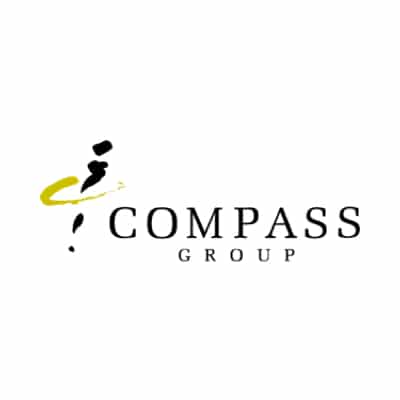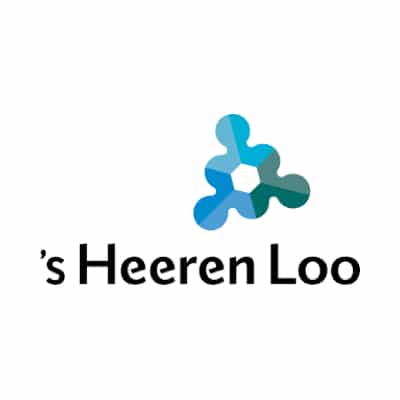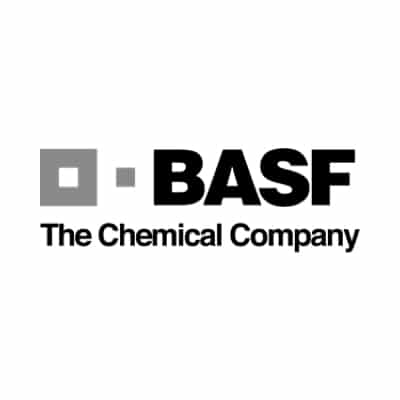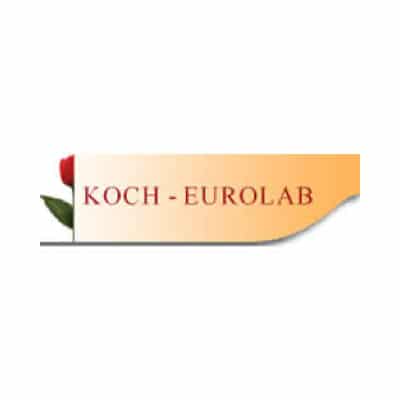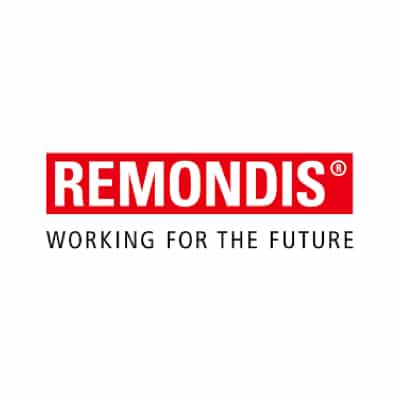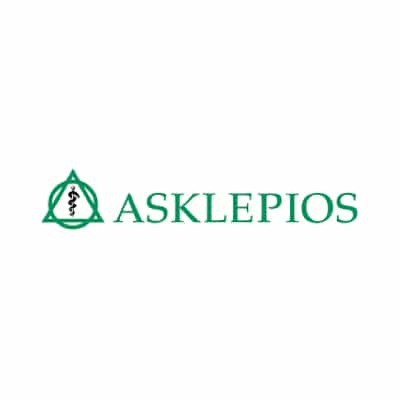What is swill waste
Any company that produces food produces waste streams consisting of cooked and uncooked food residues. There is a difference in types of waste, organic waste and swill.
The difference between swill and organic waste is that, strictly speaking, swill is the cooked and uncooked food waste that can also contain meat, fish and soup. Swill is actually all the organic waste that is released in a kitchen, canteen or restaurant. Such as residues from sauces, bread, cooked and uncooked foods and vegetables and fruit. Swill mostly concerns kitchen scraps. This creates unpleasant odors and mold, which only becomes stronger when it ends up among all the other waste.
What kind of waste falls under swill waste:
All the above types of waste can be processed with the Ecocreation composter, swill or no swill.
What types of waste are not covered by swill waste:
All the above types of waste can be processed with the Ecocreation composter, swill or no swill.
What is GFT waste
Vegetable, fruit and garden waste or GFT is waste from households in the form of peelings and remains of vegetables, fruit and potatoes, remains of cooked food, meat and fish remains (including bones, shells and bones), peanut and nut shells, eggshells, vegetable oil, solidified fat, weeds, small pruning waste.
Difference Between Swill and GFT
The biggest difference is that swill waste mainly consists of cooked foods, kitchen waste and organic waste mainly consists of residues and peels from vegetables, fruit and garden waste. Meat remains and soup may also be thrown away in a swill container.
Legislation Swill
There are old and new rules regarding swill waste, they are as follows:
1. Everyone who produces swill waste is obliged to separate it from more than 200 kg per week. By proper waste separation you therefore comply with the laws and regulations.
In practice, this separation does not take place at relatively low volumes such as 200 kg. With our machine, that obligation no longer applies due to the 85% reduction in volume and value to high-quality soil improver.
2. The HACCP rules (Hazard Analysis and Critical Control Points) provide clear guidelines to guarantee food safety. By following the rules, you check the entire production process for possible dangers, after which you indicate how you control the associated risks. The HACCP legislation provides rules on how to deal with swill and other organic waste. For example, the Swill container must meet the requirements of the HACCP legislation to be allowed to stand in the kitchen. Facilitate the Ecocreation machines to meet the hygiene rules of HACCP in an efficient manner.
Legislation Belgium
In Belgium, the sorting obligation for companies has been extended from 1 January 2021. In addition to the 21 waste streams that are already selectively collected, 2 new waste streams will be added:
- kitchen waste and food leftovers
- food waste (packaged food)
The solution
The Ecocreation Ecodigsters are the solution to convert swill waste into a natural product. With the Ecocreation Ecodigester, you not only deal with your organic waste in an efficient, sustainable way; you also create a new product: compost. Just imagine what you can do with that as an organisation!
What types of waste can be processed?
Ecocreation's composting machines can compost all swill and VGF waste, but also PLA and PBAT plastics. In addition, the other organic waste mentioned above can also be composted with our machines into a natural and clean product, compost. How exactly does this work?
What can I do with the finished product?
The wonderful end product, compost, can be used for many different purposes. Start a vegetable garden together with employees and provide the company kitchen with fresh vegetables, donate compost to employees and relations or support a horticultural association or allotment complex. And if you really don't know what to do with the compost, you can always have it collected as green waste, so that it is processed into green electricity or can serve as an active substance in a compost factory. You have already received the cost savings.
Waste processing at your own location
With our composting machines it is possible to convert the swill waste, but also other organic waste, into a raw material on location. Our machines are available in three different versions, for different amounts of waste. In addition, we also produce bigger machines for situations where a processing capacity of 200 tons per year is not sufficient. We make these machines exactly suitable for the situation of your company.
Sustainable business
No annoying odors
Recognizable? The organic waste is in the container for a few days, but the smell can be smelled from afar. The container is also a breeding ground for pests and insects. Not a pleasant sight and not pleasant for you or your employees. By processing this waste with an Ecocreation composting machine, you also get rid of the unpleasant odors and additional vermin.
What does composting save for?
Processing your organic waste provides a cost reduction for your organization. In addition, the composting machine 85% gives a volume reduction and therefore also a CO2 reduction on transport. In addition, the processing costs for swill have been fixed for the next 15 years. In this way you can hedge the processing costs, in other words hedging the financial risk. We are happy to calculate your exact cost reduction.
Show that you are sustainable
In a period of sustainability and corporate social responsibility (CSR) it is nice to have a green way of waste processing in your organization. By converting your waste into compost in a natural way, you also have a wonderful story to show that your company is also green and sustainable. View more examples of practice via our customer cases.
Finally, all our machines and bacterial cultures are produced within Europe. They also comply with all EU legislation and standards for Europe Class 1. Would you like information about the possibilities at your company or a no-obligation savings indication? Then take Contact with us
The advantages:
Organic waste
becomes a valuable raw material: compost
Less waste
so less costs
Less transport
so less pollution
Less fertilizer needed
thus less depletion of fossil resources and less pollution
CO2
reduce your CO2 emissions
Proud employees
involved relations/suppliers and enthusiastic customers
Request our infographic
Curious about Ecocreation and the Ecodigesters? Request our infographic free of charge. In it you can read in brief who Ecocreation is, what we stand for, how we can make your company greener and how much your company can save with this.

